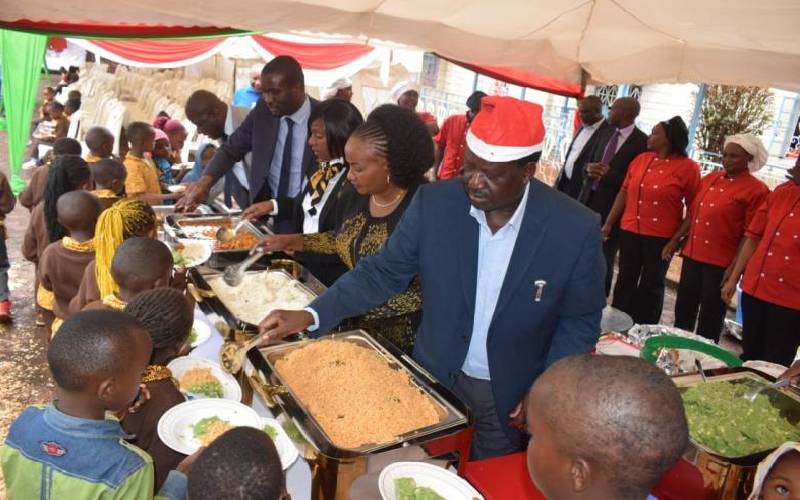×
The Standard e-Paper
Join Thousands Daily

I was at a pub last week waiting for a friend. He was late and I was refreshing my social media pages obsessively, y’know, instead of twiddling my thumbs. Shortly, a waitress came by. She was a slip of a thing, not very tall, and enviously slender.
She was also pregnant. If I had to guess, I would say she was probably about seven or eight months along, and she couldn’t have been more than 25.